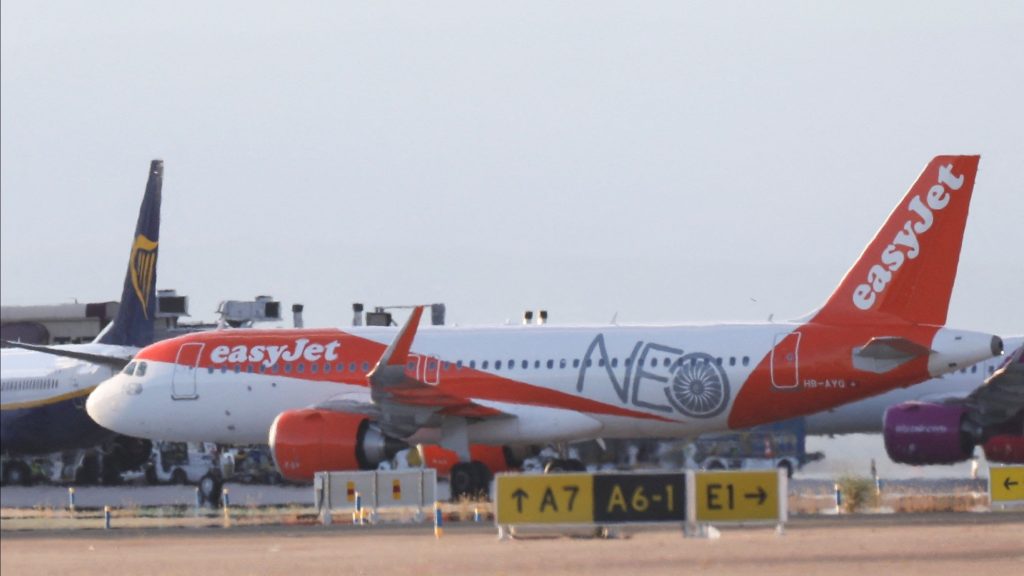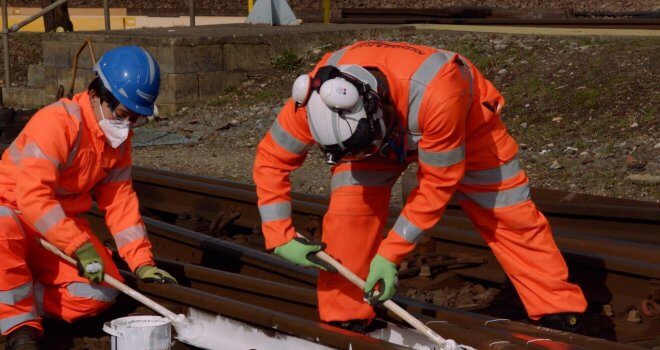UK’s EasyJet Eyes Ambitious Growth With Airbus Fleet Deal

British airline easyJet said it would buy up to 257 Airbus jets as it plots its growth beyond 2028 while restoring its dividend and aiming to more than double profits.
Signalling its recovery from the pandemic was now in full flow, easyJet said the time was right to lay out a long-term growth plan based on bigger and more fuel-efficient planes.
EasyJet chief executive Johan Lundgren said the proposed deal with Airbus, subject to shareholder approval, would add 157 aircraft plus the option for 100 more A321neo jets. The airline currently operates about 330 aircraft and will be retiring some older planes.
EasyJet’s ambitions come despite heightened geopolitical instability following attacks by Palestinian militant group Hamas in Israel, which has lead to flight cancellations, and higher oil prices, plus worries over consumer sentiment in Europe.
Fleet expansion will enable the company to sell more seats on routes from congested European airports like London Gatwick and Amsterdam, where there are few slots available to add more flights.
Lundgren said by 2034, easyJet’s average number of seats per flight would rise to the low 200s from 179.
“The group’s very much thinking future-first with a huge new order of aircraft on the table,” Hargreaves Lansdown analyst Sophie Lund-Yates said, adding that more information was needed on how the planes would be financed.
Shares in easyJet, which competes with Europe’s biggest airline Ryanair, British Airways and others, fell 3.8% in morning deals. They have lost 14% of their value over the last three months as the oil price has risen.
EasyJet forecast annual profit of 440 million to 460 million pounds ($542-$567 million) for the 12 months to the end of September, and said it was targeting a pretax profit of more than 1 billion pounds in the medium term.
The airline made a loss of 178 million pounds last year, when pandemic restrictions were still in place for some of the time.
During COVID-19, it had suspended its dividend, but said this would restart with its full-year results in November.
Bigger planes, reduced winter losses and the growth of its holidays business would help the company meet its medium term profit goal, Lundgren said, shrugging off worries that the outlook had dimmed.
“We continue to see that the demand is strong going forward,” he told reporters on Thursday.
EasyJet, which only flies Airbus planes, said the terms of the deal with Airbus were attractive, without giving details, and it gave the airline certainty at a time when manufacturer order books are filling up.
It already has a separate order for 163 planes due up to 2028.
The airline’s founder Stelios Haji-Ioannou, who owns a 15% stake, has in the past questioned the need to buy expensive new aircraft.
(Reporting by Sarah Young, Editing by Paul Sandle and Elaine Hardcastle)




